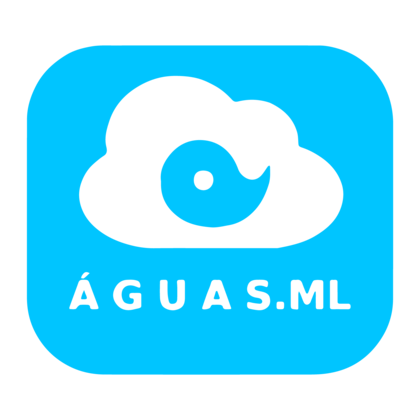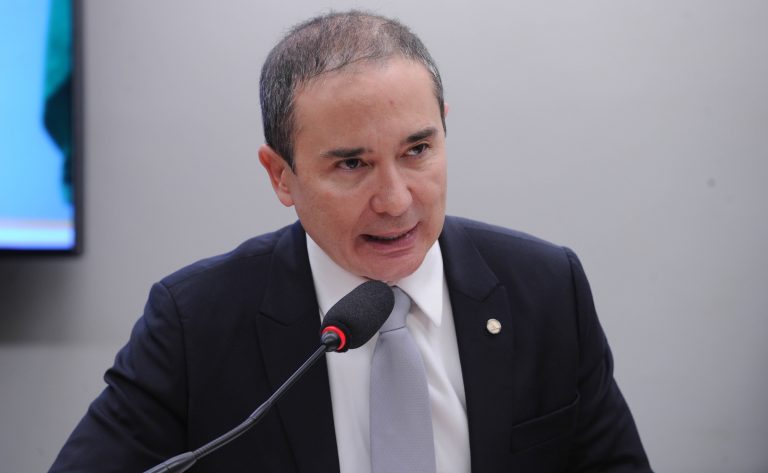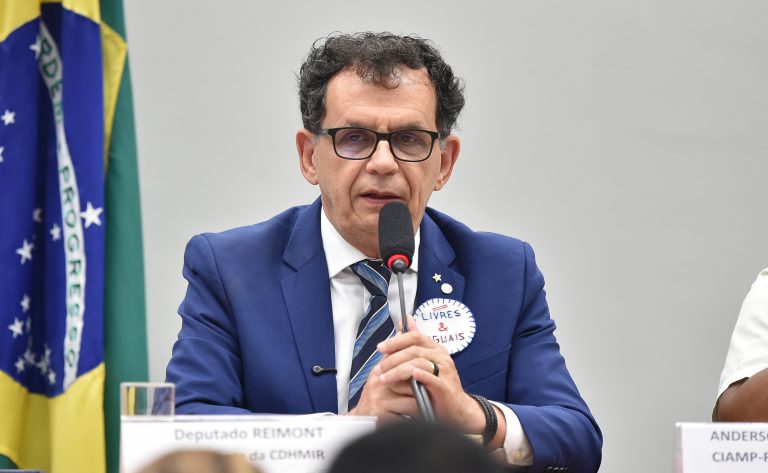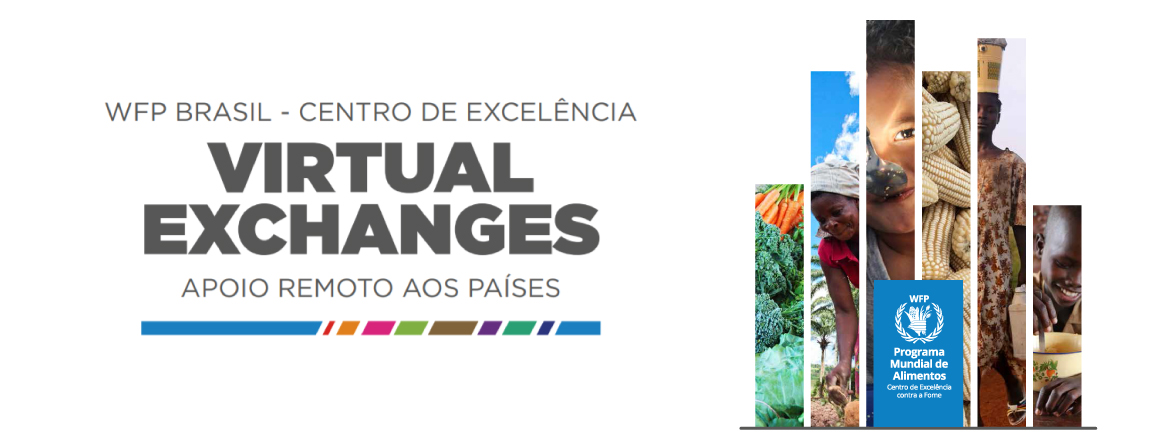
Remote assistance is used by the World Food Program during COVID-19
In recent weeks, the World Food Programme (WFP) – Centre of Excellence Against Hunger Brazil team – as well as other United Nations teams around the world – has had to adapt to restrictions imposed by the Covid-19 pandemic and all employees are working from home. However, the Centre had already started to adopt remote assistance methodologies to support countries back in 2019. With new travel restrictions, the team has been improving these tools so that what was previously done in person can continue to take place remotely.
One of those face-to-face jobs directly affected by new restrictions is the support provided to the WFP regional office for West and Central Africa (WFP Regional Bureau Dakar) in developing regional plans and strategies for programmes in schools. “Overall, the office is fulfilling quite well its core function of technical support, oversight and strategic/policy guidance to country offices in the region. One example is the engagement with WFP Centre of Excellence in Brazil: two colleagues were supposed to come on a mission to help the regional bureau to provide strategic support, but their mission was cancelled at the last minute due to COVID-19 travel restrictions”, says Abdi Farah, Regional School Feeding Advisor at the Regional Bureau in Dakar.
Sharon Freitas, head of programme at the WFP Centre of Excellence, stresses the importance of rapid adaptation, so that countries’ projects are not affected. “It is important to note that we already have extensive experience in supporting countries remotely and we will continue to provide that support, using new methodologies”, she said.
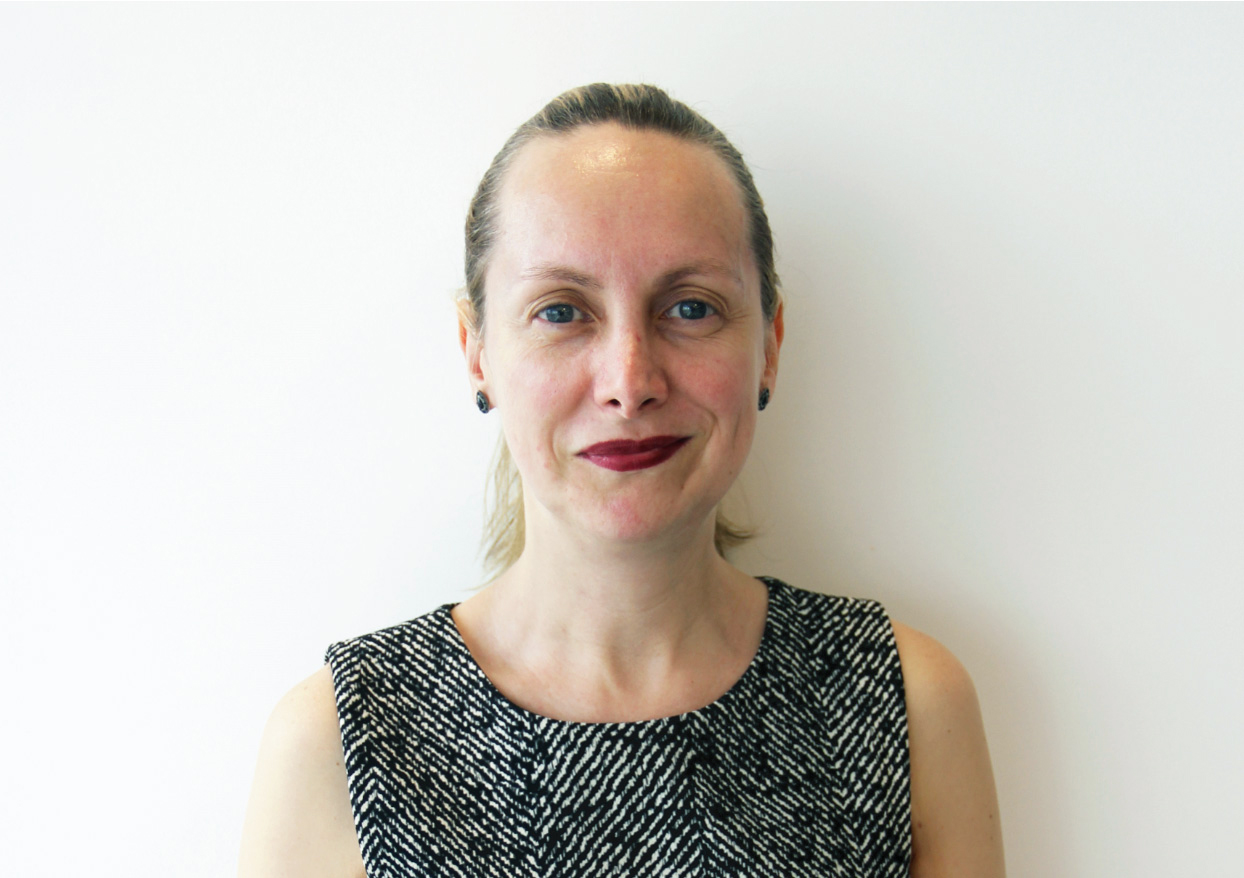
Sharon Freitas, head of programme at the WFP Centre of Excellence – Photo: WFP
The support provided to the Dakar office is part of the development and implementation of the World Food Programme Global School Feeding Strategy 2020-2030 and it is divided into two phases. The first includes the development of a concept note for planning the regional implementation of the Global School Feeding Strategy. For this first stage, several regional activities were initially planned to be carried out in Senegal, including a workshop for data collection with the presence of partners. As an alternative, the Centre of Excellence team developed a research methodology that can be done remotely, including questionnaires and interviews by audio and video conference.
In addition to that, the team will also use desk research to support a situation analysis, based on a set of documents sent by the regional office. Telephone interviews and video calls will also be conducted with managers of the regional office and Programme’s representatives in the countries. This will serve to collect local experiences that will then be used as a basis for local knowledge exchanges between participant countries. The second stage is to implement the strategy.
Learn more about the Virtual Exchanges project here.
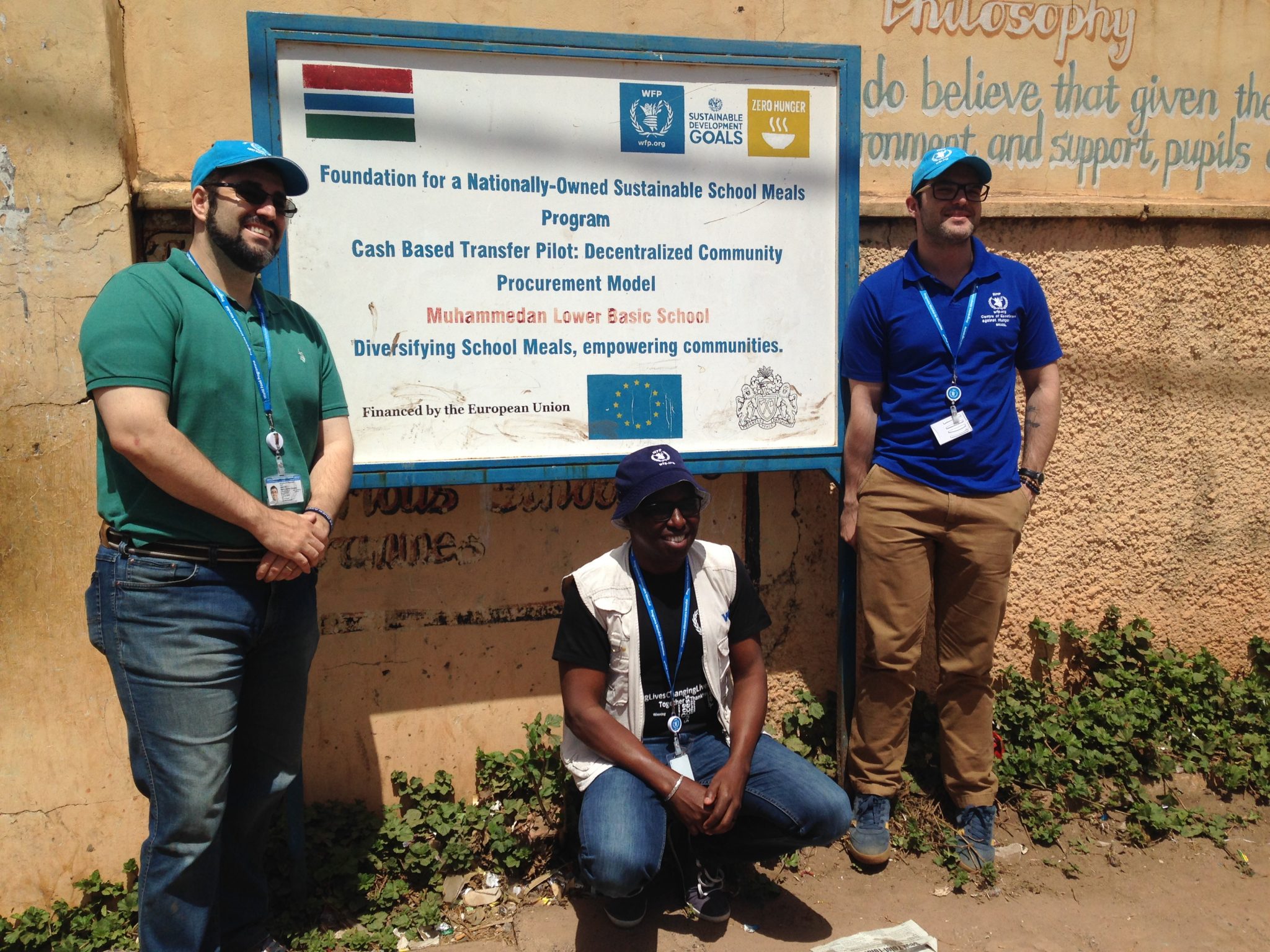
Brazilian mission to Banjul, Gambia, in 2019. From left to right: Igor Carneiro (WFP Brazil), Abdi Farah (Regional Bureau in Dakar) and Bruno Magalhães (WFP Brazil) visit school. Photo: WFP
Fonte
O post “Remote Assistance: learn about the methodology used by the WFP Centre of Excellence Brazil” foi publicado em 31st March 2020 e pode ser visto originalmente diretamente na fonte ONU Brasil
